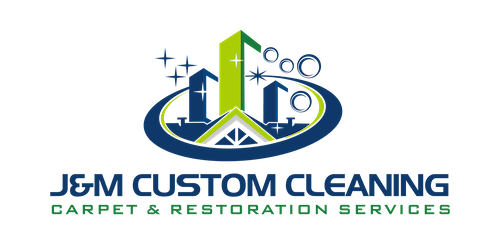Air Duct Cleaning
In addition to normal accumulations of dust and dirt found in all homes with air ducts, there are several other factors that can increase the need for regular HVAC system cleaning:
- Pets
- occupants with allergies or asthma
- cigarette or cigar smoke
- water contamination or damage to the home or HVAC system
- home renovation or remodeling projects
Some occupants are more sensitive to these contaminants than others. Allergy and asthma sufferers, as well as young children and the elderly tend to be more susceptible to the types of poor indoor air quality that air duct cleaning can help address.
Top Benefits of HVAC Cleaning
NADCA’s rule of thumb for consumers is that “if your air ducts look dirty, they probably are,” and that dirty HVAC systems should be inspected by a reputable, certified HVAC professional. Below are some other reasons homeowners choose to have their air ducts cleaned.
Indoor Air Quality
Indoor air quality is one concern that homeowners have when they decide to investigate air duct cleaning. Your heating and cooling system is the lungs of your home. The system taken air in and breathes air out.
Through normal occupation in a home, we generate a great deal of contaminants and air pollutants, such as dander, dust, and chemicals. These contaminants are pulled into the HVAC system and re-circulated 5 to 7 times per day, on average. Over time, this re-circulation causes a build-up of contaminants in the duct work.
While dirty ducts don’t necessarily mean unhealthy air in your home, school or workplace, they may be contributing to larger health issues or harboring contaminants that could cause serious problems for people with respiratory health conditions, autoimmune disorders or some environmental allergies.
Energy Savings
According to the U.S. Department of Energy, 25 to 40 percent of the energy used for heating or cooling a home is wasted. Contaminants in the heating and cooling system cause it to work harder and shorten the life of your system. Although filters are used, the heating and cooling system still gets dirty through normal use.
When an HVAC system is clean, it doesn’t have to work as hard to maintain the temperature you desire. As a result, less energy is used, leading to improved cost-effectiveness.

